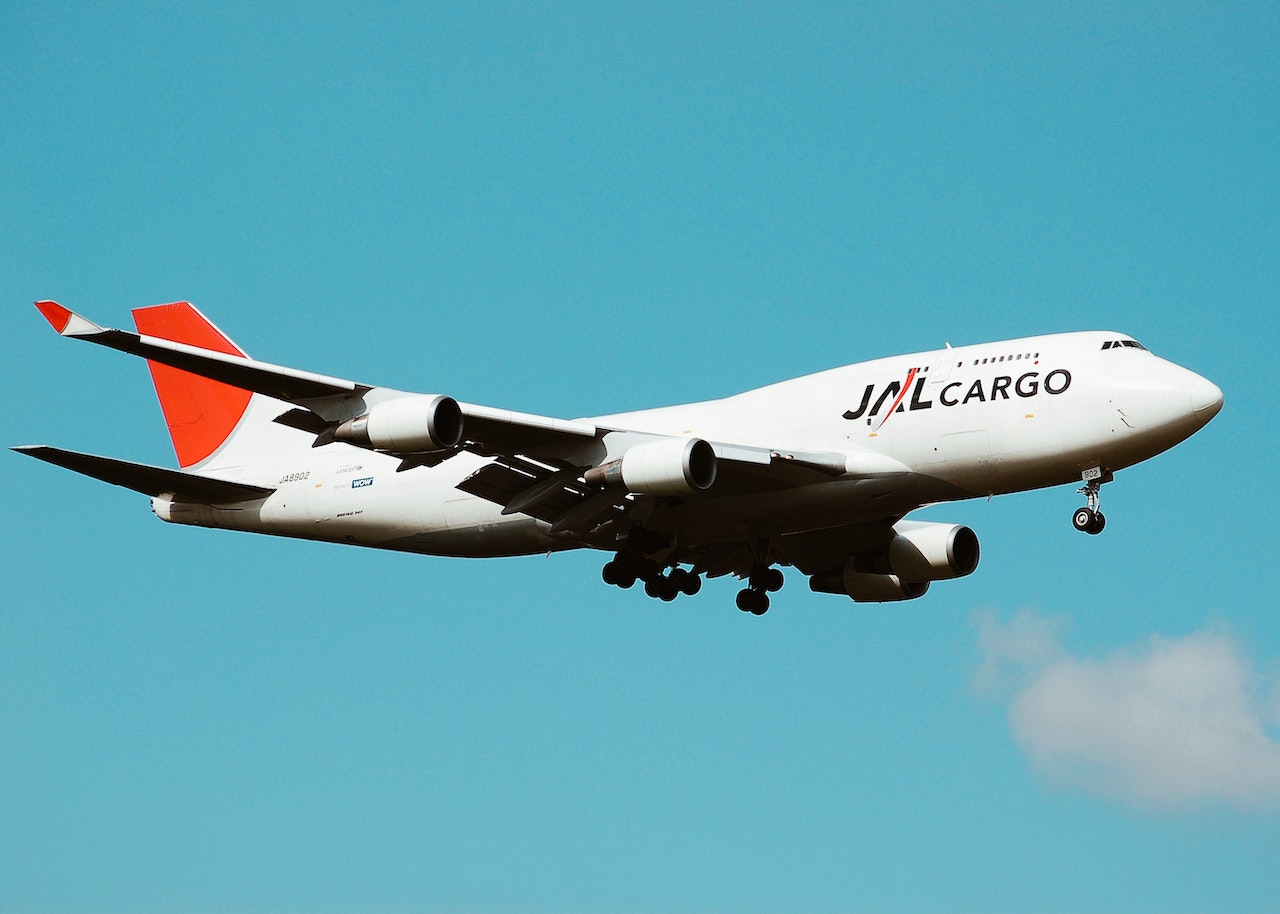In an increasingly interconnected world, where speed and efficiency are paramount, air freight services have emerged as the backbone of international trade and commerce. These services play a pivotal role in facilitating the rapid movement of goods across borders, enabling businesses to meet customer demands, maintain supply chains, and access global markets with unparalleled agility. In this article, we delve into the world of air freight services, exploring their significance, benefits, and the factors that drive their success.
The Significance of Air Freight Services:
Air freight services are an integral component of the modern supply chain ecosystem, providing a means for goods to traverse vast distances in a matter of hours, rather than weeks. While ocean freight remains crucial for transporting large volumes of goods at a lower cost, air freight fills the critical niche of time-sensitive shipments, high-value items, and perishable goods.
Benefits of Air Freight Services:
- Speed and Efficiency: The most obvious advantage of air freight is speed. Goods transported by air can reach their destinations in a fraction of the time compared to other modes of transportation. This is particularly advantageous for industries where time is of the essence, such as the pharmaceutical and fashion sectors.
- Reliability: Air freight services are renowned for their reliability and punctuality. Airlines adhere to strict schedules, minimizing the chances of delays caused by weather conditions, port congestion, or other external factors that can impact sea and land transport.
- Global Reach: Air freight services cover an extensive network of destinations, ensuring that even the most remote corners of the world can be accessed swiftly. This global reach opens up new markets and opportunities for businesses looking to expand their customer base.
- Reduced Inventory Costs: The speed of air freight reduces the need for businesses to maintain large inventory levels. This leads to cost savings by minimizing storage expenses, as well as the risk of inventory becoming obsolete.
- Temperature Control and Security: Air freight is often the preferred choice for transporting temperature-sensitive goods and high-value cargo due to its controlled environment and enhanced security measures.
- Flexibility: Air freight services offer various options, such as expedited services for urgent shipments or more cost-effective solutions for less time-sensitive cargo. This flexibility allows businesses to tailor their transportation strategy to their specific needs.
Driving Factors of Success:
Several factors contribute to the success and continued growth of air freight services:
- Technological Advancements: The integration of advanced technologies like real-time tracking, automated cargo handling, and digital documentation has streamlined operations, enhanced transparency, and improved overall efficiency.
- E-commerce Boom: The rise of online shopping has boosted the demand for air freight services, as consumers now expect swift delivery times for their orders.
- Globalization: As businesses expand beyond their home markets, the need for efficient international transportation becomes more crucial. Air freight services facilitate this expansion by bridging geographical gaps.
- Supply Chain Resilience: The disruptions caused by events like the COVID-19 pandemic highlighted the importance of resilient supply chains. Air freight’s speed and reliability play a critical role in maintaining uninterrupted operations even in challenging times.
In conclusion, air freight services are an indispensable pillar of the global economy. They enable businesses to bridge vast distances, maintain customer satisfaction, and operate with unparalleled efficiency. As technology continues to advance and global trade evolves, air freight services are poised to remain a cornerstone of international commerce, propelling businesses to new heights of success.



